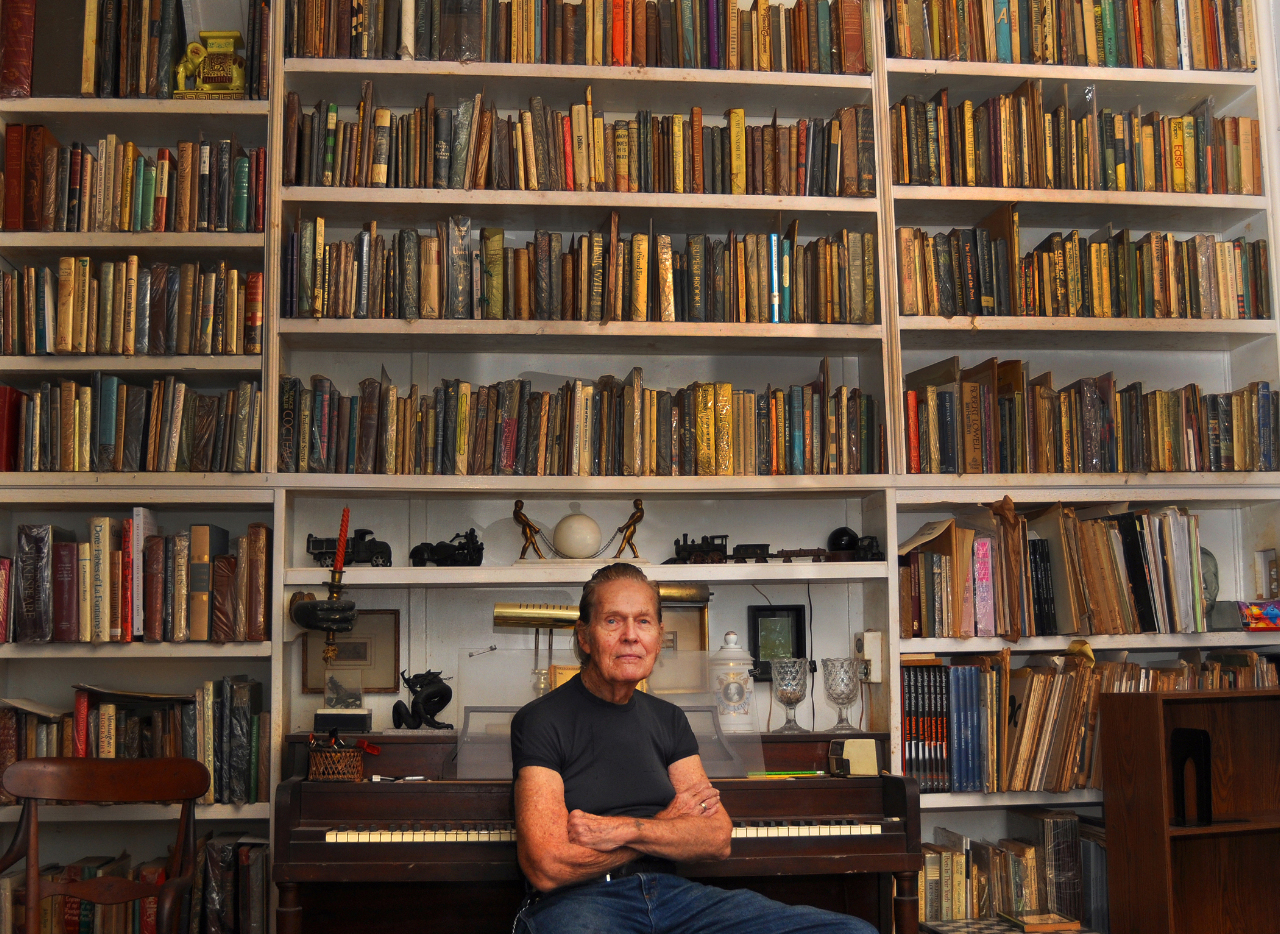The New York Times

by Kirby Congdon…….
A friend of mine will not read the Times because it’s a monopoly, but having no morals your reader is an addict. The issue of August 6th, 2017 emphasized poetry for its Book Review last Sunday. I can’t review that issue in its entirety but I want to touch on contributions that provoke interest.
I get from the Times editor, David Orr (and A. O. Scott as well) a sense of knowing a wide range of subjects and how the poets handle them. Both viewers know what they are talking about, giving the reader a sense of trust. Mr. Orr discusses a couple of collections on war poetry written by two women. Men seem to avoid using this reference as self-serving. As Mr. Orr concludes, “There is a kind of nothingness that haunts poetry … that we call destruction.” Perhaps we can leave it at that.
Simone While, a poet, reviews two books about poetry. One of them, by Matthew Zazpruder, is Why Poetry and another, Poetry Will Save Your Life. A Memoir, is by Jill Bialosky. A full-page review by Andrew Epstein is given over to John Ashberry’s life published by Karin Roffman, The Songs We Know Best.
This is a thorough biography of Ashberry but quits this subject with this well- known poet’s first book at age 27. He is 90 now. Perhaps another book is immanent. His first book was panned by me. When I went to a reading of it by Ashberry at the Brooklyn Library in the 1960‘s and asked him to sign a copy, he asked who he should sign it to and replied with visible annoyance, “Oh, so you’re Kirby Congdon!”
Ann Douglas, in a full-page review, provides more information on the period of the Beat Movement documenting Allen Ginsberg’s posthumous account in The Beat Minds Of My Generation. A Literary History of the Beats while Gwendolyn Brooks (1917 – 2000) is memorialized in two books reviewed by Claudia Rankine. These books contain poems written as homage by other poets to Ms. Brooks’ life’s work. The review discusses both books in detail. Gwendolyn Brooks, Like Derek Walcott, uses the dialect of the uneducated in their work. This has gottem them attention but this writer finds it annoying and unreadable in print or in conversation. Communication is difficult enough as it is. Both poets, however, are well-recognized and get full-page reviews with portraits.
Along with more coverage of current poets, full-page space is given to four worksheets of Robert Pinsky, and Billy Collins (who has read several times in Key West), along with the work sheets of Jenny Zhang and Mary Jo Bang. The typescript is small but one can see, by the handwritten inserts, how many second thoughts go into a poem’s construction.

